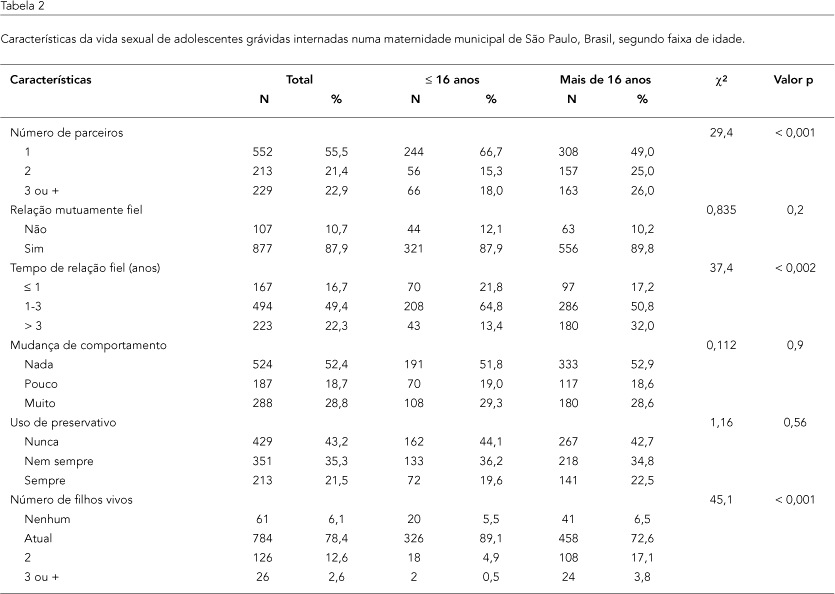To identify the socio-demographic behavioral profile of low-income pregnant teenagers, 1,000 adolescents admitted to a Brazilian public maternity hospital from July 24, 2001, to November 27, 2002, were interviewed. Socio-demographic and behavioral variables were assessed through a questionnaire. Over the 492 days of the study, 24.3% of admissions were adolescents (930 for childbirth and 70 for miscarriage). Mean maternal age was 17 years. Most teenagers (72.9%) lived near the hospital. 930 (93%) belonged to socioeconomic classes C, D, and E. School dropout was identified in 67.3% of the total. 80.1% of the subjects were giving birth for the first time. 81.2% had not planned the pregnancy, and 23.8% had been using some contraceptive method. 67.4% had vaginal deliveries. Some 13.3% of the newborns were premature and 15.9% had low birth weight. 17.3% of these adolescent mothers reported smoking during pregnancy, with 2.8% reporting alcohol and 1.7% illicit drugs. Teenage pregnancy is a complex phenomenon associated with various economic, educational, and behavioral factors. The study provides importance references for public policies to prevent teenage pregnancy.
Pregnancy in Adolescence; Adolescent; Social Class; Demography; Sexual Behavior





